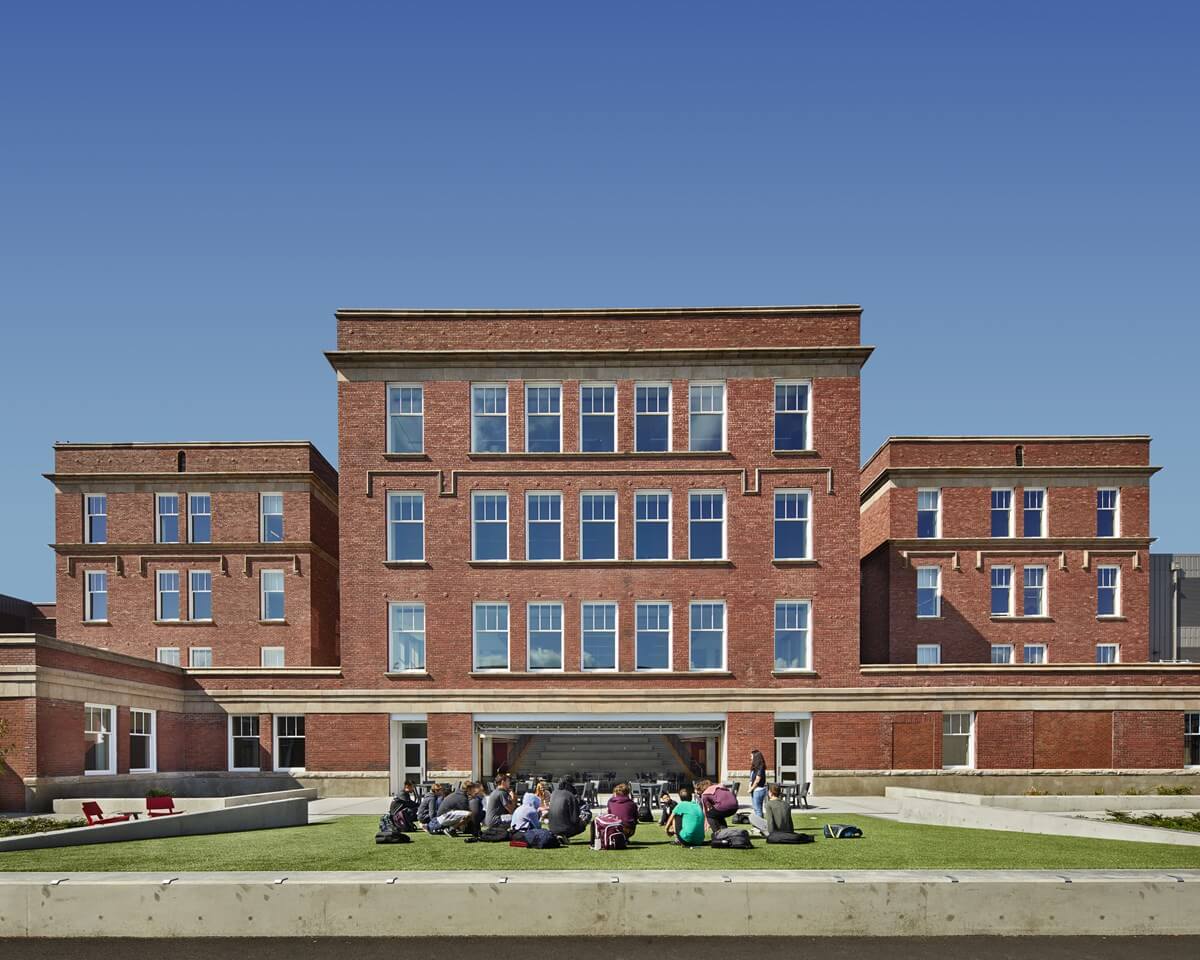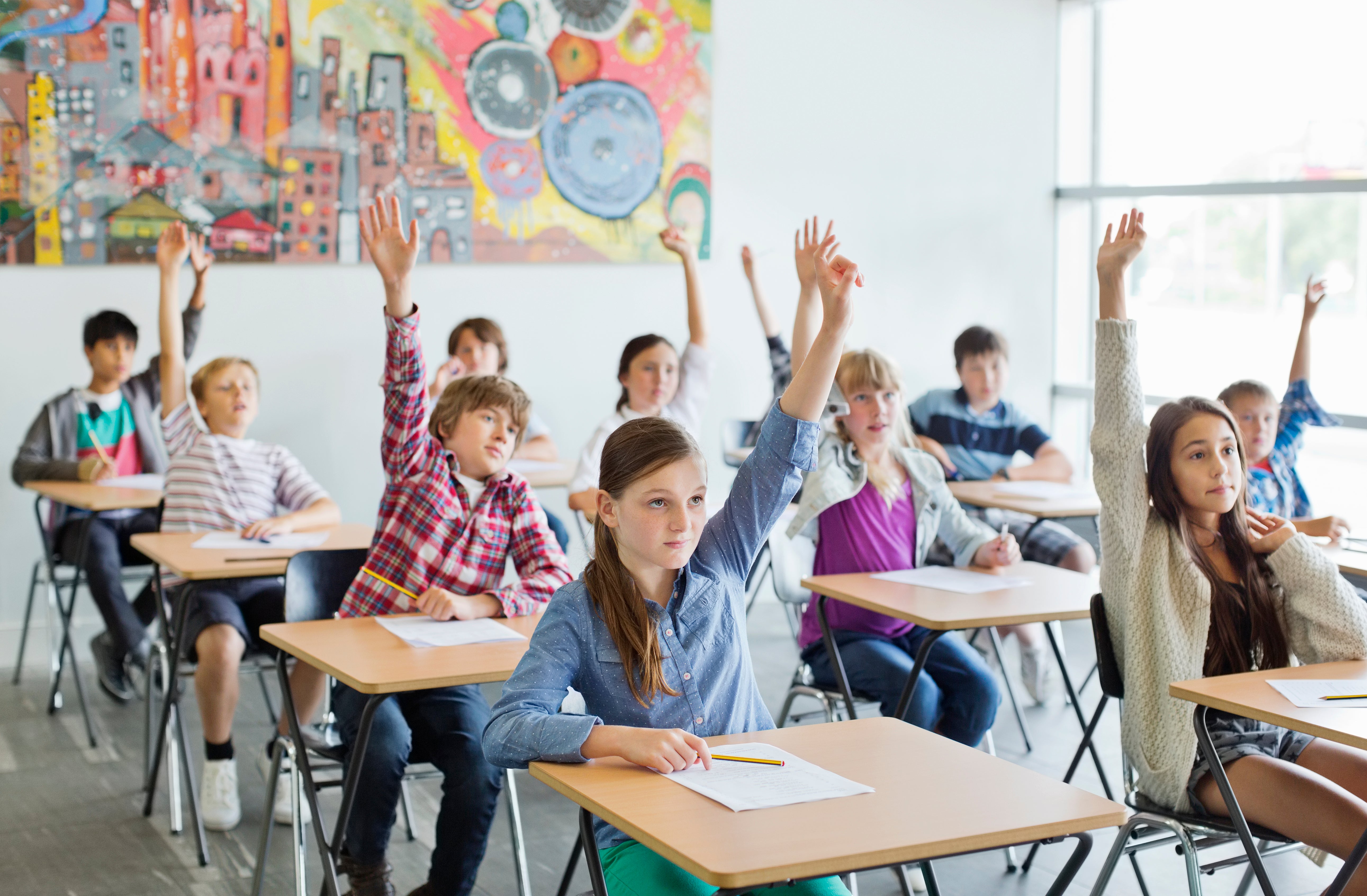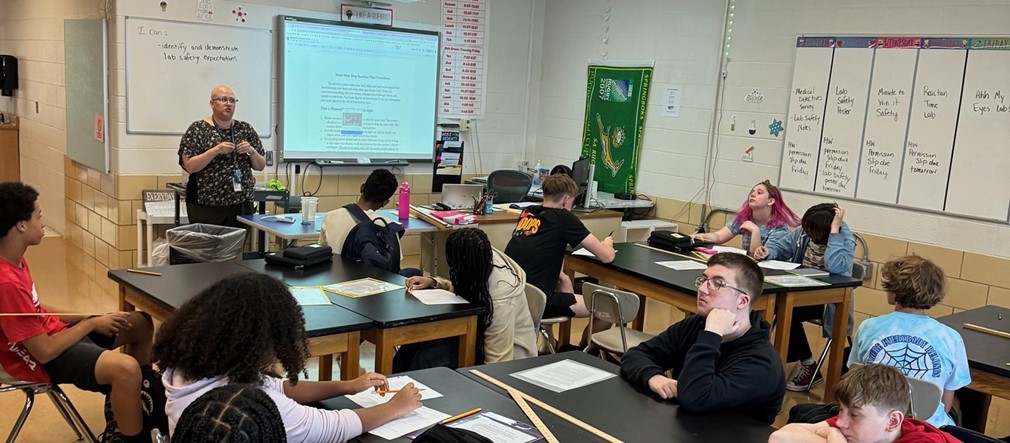Join the Activity to Save Temecula Schools: Area Activity Needed!
Join the Activity to Save Temecula Schools: Area Activity Needed!
Blog Article
Understanding the Significance of Colleges in Child Development and Community Development
Schools function as pivotal institutions for youngster growth and community development, providing settings where academic achievements are complemented by the cultivation of social abilities and exposure to varied viewpoints. These educational setups not only advertise vital reasoning and effective communication however also foster compassion via collective projects. Moreover, schools' engagement with local neighborhoods via service-learning initiatives reinforces the bond between family members and universities. This symbiotic partnership emphasizes the relevance of schools in supporting energetic citizenship and lifelong knowing routines. Nevertheless, what are the certain systems by which these institutions attain such profound impacts?
Academic Achievement
Academic accomplishment works as a foundation of kid development, supplying the structure upon which future discovering and success are built. Institutions play a crucial duty in fostering this academic growth, offering structured settings where children can get important knowledge and cognitive skills. Standardized educational program make sure that pupils gain efficiency in core topics such as mathematics, science, and language arts, which are essential for both greater education and learning and expert chances.
In enhancement to imparting fundamental academic skills, schools also cultivate vital reasoning, problem-solving capabilities, and intellectual interest. These cognitive proficiencies are essential for browsing complex real-world scenarios and adjusting to the ever-evolving demands of the modern-day office. Teachers, as facilitators of knowing, use varied pedagogical approaches to accommodate diverse understanding styles, consequently making best use of private student capacity.
Additionally, academic success is carefully linked to self-worth and motivation. Children that experience academic accomplishments are most likely to develop a positive self-concept and a lifelong passion for understanding. Institutions likewise supply numerous resources, such as collections and technology, which additionally enhance the instructional experience and prepare students for a highly sophisticated culture.
Social Ability Growth
Beyond academic accomplishment, the function of institutions in social ability growth is important. Schools work as a main venue for youngsters to discover and exercise important social skills such as communication, teamwork, and problem resolution. In the organized environment of a classroom, trainees interact with peers, educators, and other college team, providing many opportunities to establish these critical abilities.
Effective social skill growth in colleges is promoted through team tasks, collaborative tasks, and extracurricular programs. These interactions help students recognize social standards, construct empathy, and cultivate a sense of community. As an example, group assignments educate trainees how to collaborate towards an usual goal, listen to different perspectives, and browse disputes constructively.

The cultivation of social abilities throughout academic year lays a structure for future individual and expert partnerships. Save Temecula Schools. As trainees mature, the capacity to successfully collaborate and interact becomes significantly vital, underscoring the school's important function in all natural kid development
Direct Exposure to Variety
Direct exposure to variety in colleges is essential to promoting an inclusive way of thinking and widening pupils' perspectives. Schools function as a microcosm of the broader culture, and running into Click Here diverse societies, languages, and socioeconomic histories within this environment furnishes students with essential skills for browsing a progressively globalized globe. This exposure motivates empathy, decreases prejudices, and advertises mutual regard amongst peers.
Research study shows that pupils that engage with peers from different backgrounds show better analytic abilities and imagination. This understanding of variety prepares pupils for future workplaces that worth multicultural competence - Save Temecula Schools.

Area Involvement
The advantages of diverse classrooms extend past the college wall surfaces, fostering a solid sense of area involvement among pupils. By interacting with peers from different social, socioeconomic, and ethnic histories, students get a wider perspective and an admiration for diversity. This exposure urges them to become active residents that agree to contribute favorably to their areas.
Colleges that highlight neighborhood involvement often integrate service-learning tasks, which enable pupils to deal with real-world problems while using scholastic abilities. These tasks not only enhance students' understanding of their coursework yet likewise infuse a sense of responsibility and compassion. Partnerships between schools and neighborhood organizations supply trainees with chances to get involved in community events, even more strengthening their role as aggressive neighborhood participants - Save Temecula Schools.
In addition, adult and area participation in schools reinforces the bond in between educational establishments and the communities they offer. With these initiatives, schools play an essential role in supporting area interaction and promoting societal growth.
Lifelong Knowing Routines
Creating long-lasting discovering behaviors is crucial for a kid's continual development and adaptability in an ever-changing world. Schools play an essential function in instilling these behaviors by developing an environment that cultivates interest, critical thinking, and a love for understanding. With varied educational programs and after-school activities, educators encourage students to check out various subjects, assess information seriously, and use their finding out to real-world scenarios.

Furthermore, colleges provide a structured environment where youngsters can establish self-control and time management skills, both of which are crucial for continuous discovering. By emphasizing the relevance of establishing objectives, reviewing progress, and adjusting approaches, universities prepare trainees to navigate the intricacies of grown-up life, guaranteeing they continue to be long-lasting learners and contributors to culture.
Final Thought
Finally, institutions are important in promoting kid growth and neighborhood growth by supplying atmospheres helpful to academic success, social ability development, and exposure to diversity. With joint jobs and interactions, colleges enhance important thinking, empathy, and communication skills. Neighborhood involvement initiatives further enhance the bond between local communities and academic organizations. Eventually, institutions grow lifelong understanding behaviors, outfitting individuals with the necessary expertise and skills to contribute favorably to society.
In the structured environment of a class, students connect with peers, instructors, and other college team, providing numerous chances to establish these vital abilities.
In significance, exposure to variety within colleges not just enhances private pupils yet also enhances the social material of the neighborhood as a whole.
The benefits of diverse classrooms extend beyond the institution walls, cultivating a solid feeling of neighborhood interaction among trainees.Colleges that emphasize neighborhood engagement frequently integrate service-learning jobs, which allow students to address real-world issues while applying scholastic abilities. Collaborations in between colleges and local organizations offer pupils with possibilities to get involved in community occasions, even more solidifying their function as positive area members.
Report this page